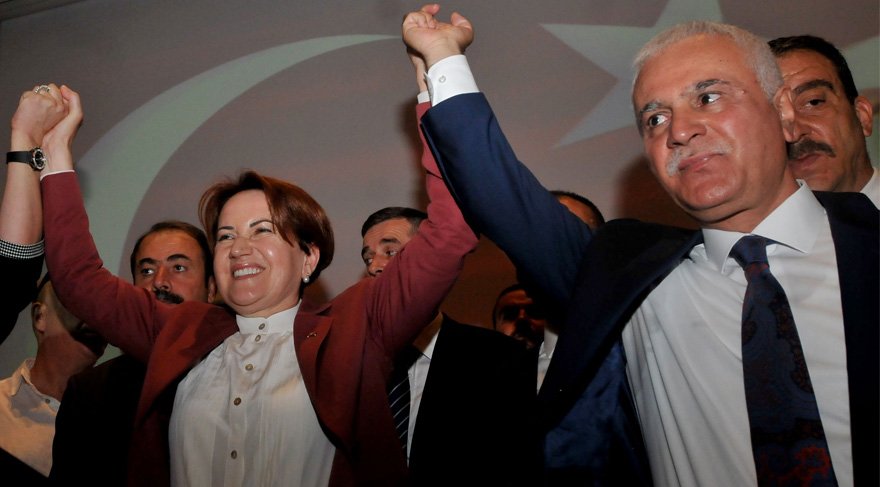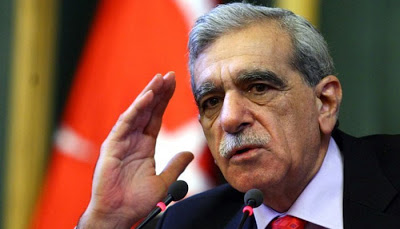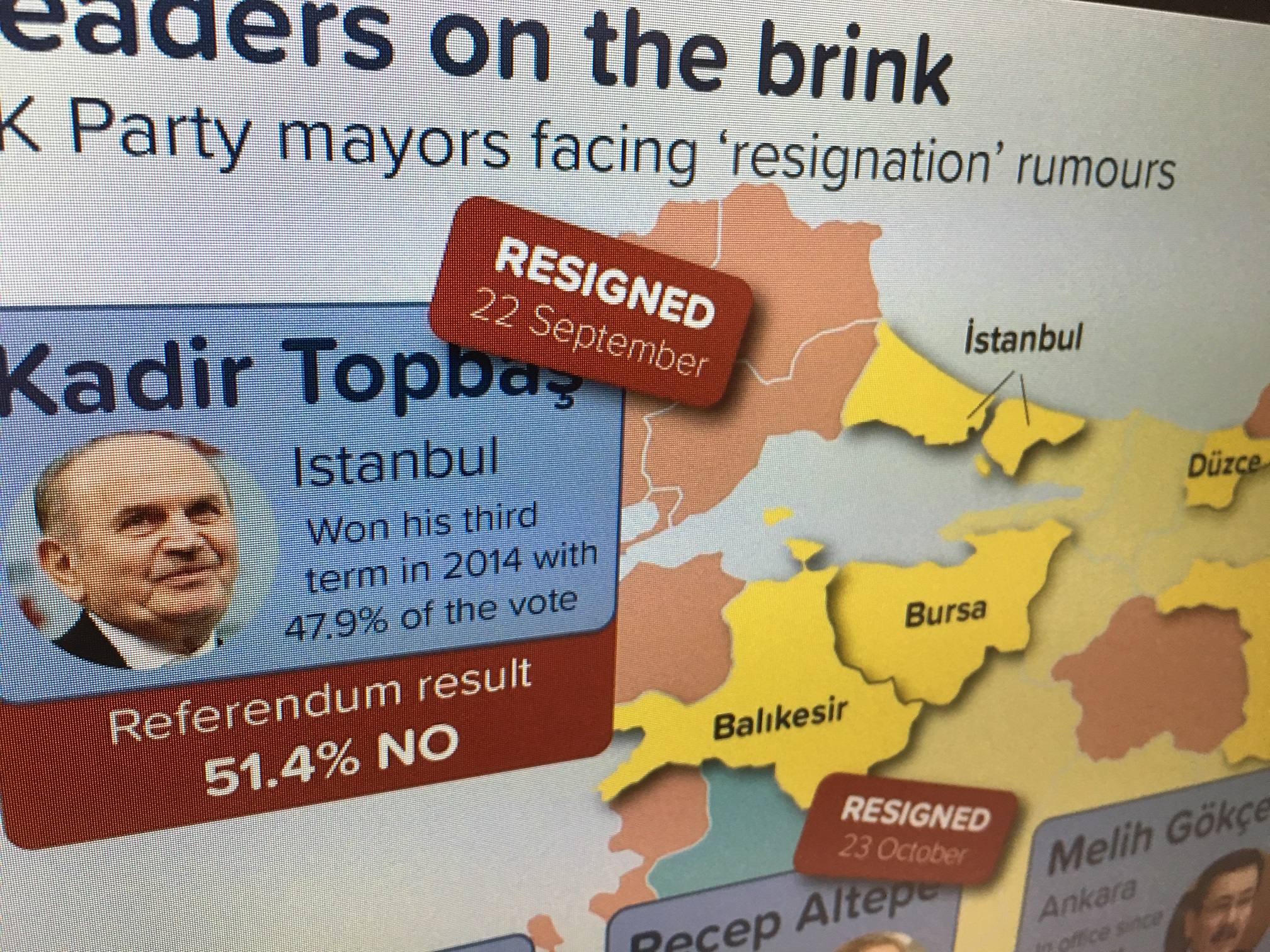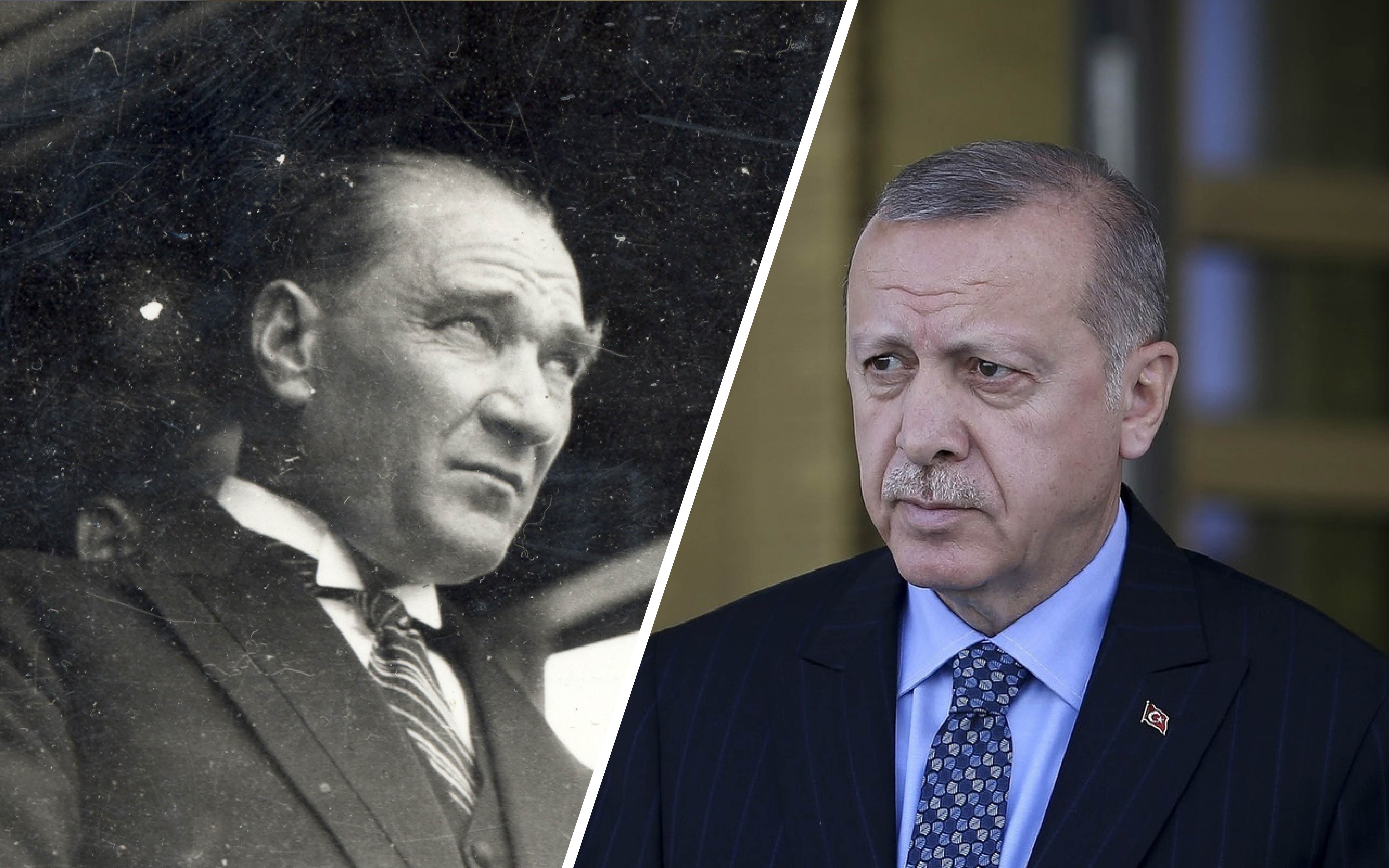It’s the question everyone seems to be asking these days.
Will Turkey’s president overcome his rejuvenated opponents to secure a second term in presidential office—and notch up his 12th election victory overall since 2002?
The short answer is yes, he probably still will. The real question is how and when that victory will come.
All of the opinion polls published ahead of this election, even those pushed by the opposition, have put Recep Tayyip Erdoğan in front. There are no exceptions. He is certain to top the presidential poll on Sunday.
But it is far from clear whether he will secure over 50% of the vote and prevent a second round a fortnight later.
It is also unclear whether his Justice and Development (AK) Party and its nationalist allies will secure a parliamentary majority.
If this were a healthy democracy, any decent political analyst’s job would be to tell the story of how Turkey’s most popular leader since Mustafa Kemal Atatürk is falling from grace.

That would be a story of the country’s struggling economy, heavily dependent on foreign investment, and how voters are feeling the pinch. The Turkish lira’s value against the US dollar—a metric just about everyone in Turkey follows—has dropped by nearly a fifth since Mr Erdoğan called the election in April.
It would also be a story of the uncharacteristically poor campaign Mr Erdoğan is running.
He has made some significant policy reversals: he started this campaign firmly insisting the state of emergency would remain in place and that there were no plans to offer young men the option to buy their way out of compulsory military conscription. He has since changed his mind on both, meaning his manifesto is out of date before people in Turkey have had a chance to vote on it.
The final piece of this idealised tale would be the campaign run by Turkey’s opposition, a collective show of energy and creativity not seen in the past 16 years of AKP rule.
In our hypothetically healthy Turkish democracy, the question would not be how soon Mr Erdoğan would win, but whether he could even scrape into a second round.

The reality, however, is that the scales are heavily tipped in his favour in this election, just like they were ahead of last year’s constitutional referendum.
Officially, that contest was a narrow victory for the government, but allegations of vote tampering meant that—for the first time in living memory—the opposition refused to concede a Turkish election result.
Today, the AKP still dominates the media and the legal system. It holds sway over the two state-run organisations that will shape the narrative on Sunday: the electoral commission, known as the YSK, which will operate the vote and oversee the count at the ballot boxes; and the Anadolu Agency, which will report the results from election centres across the country.
Most opinion polls say the election will be as close as last year’s referendum.
But this time, the rules are different: some ballot papers without an official mark will still be counted, while people living in some remote villages will find it harder to vote because their ballot boxes have been relocated.
Plainly, the fear is this Sunday’s results will be as disputed as those of the referendum.
It is with this in mind that Turkey’s opposition parties are deploying hundreds of observers, particularly in southeastern provinces, to watch as votes are cast and counted.
What of his rivals?
If the clear favourite has run a poor campaign, what of his rivals? Muharrem İnce, Meral Akşener and Selahattin Demirtaş have all made themselves heard in an environment dominated by the big man.
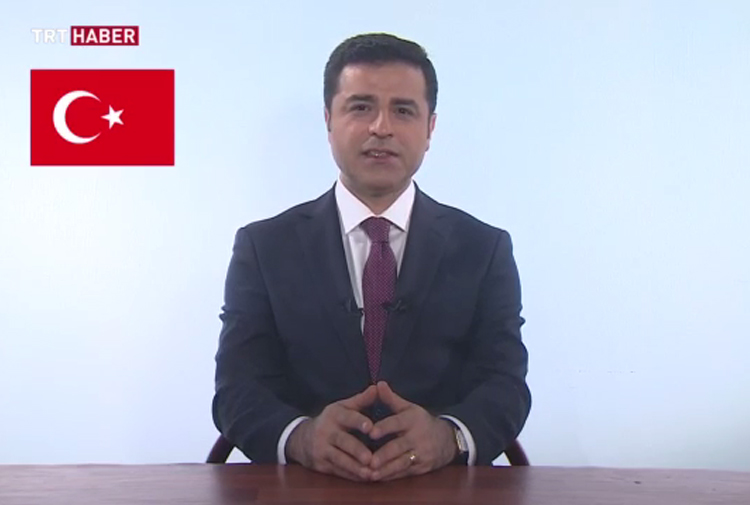
Mr Demirtaş managed the seemingly impossible feat of turning his handicap — he has been in prison awaiting trial on charges he denies for a year-and-a-half — into an asset.
The pro-Kurdish party’s candidate answered voter questions by post, used his weekly 10-minute phone call to address supporters at a rally and forced state television to set up a studio in an adjacent cell to let him film the 10-minute candidate’s broadcast to which he is entitled by law.
A lot of early expectation centred on Ms Akşener, who declared her candidacy months before this election was even called. She forcefully pushed her conservative credentials, insisting only she could defeat Mr Erdoğan in a second round of voting.
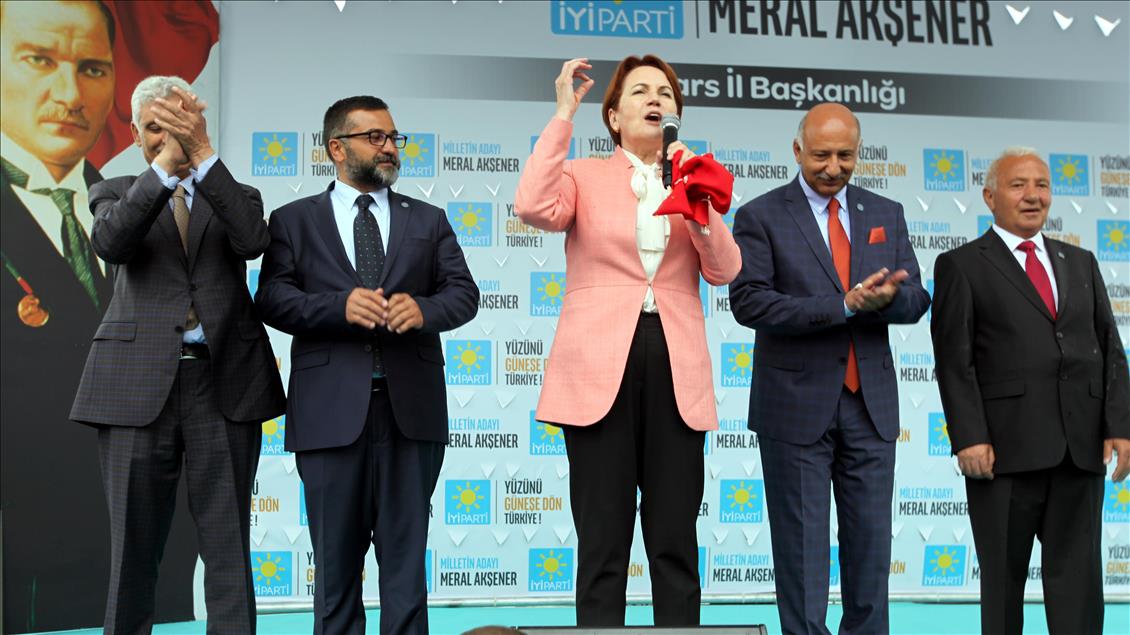
But the president’s strategy was to ignore her completely and it worked. If there is a second round, it will be between Mr Erdoğan and Mr İnce, the main opposition Republican People’s Party (CHP) candidate.
For many on Turkey’s centre-left, Mr İnce is precisely the candidate they have waited 16 years for: charismatic and confident enough to challenge the president, but with unimpeachable social democratic credentials.
The CHP candidate has certainly drawn vast crowds to his rallies — even in the Kurdish-majority city of Diyarbakır, once a barren desert for his party.
Mr İnce’s overarching campaign strategy was to make this election a personality contest between himself and the president.
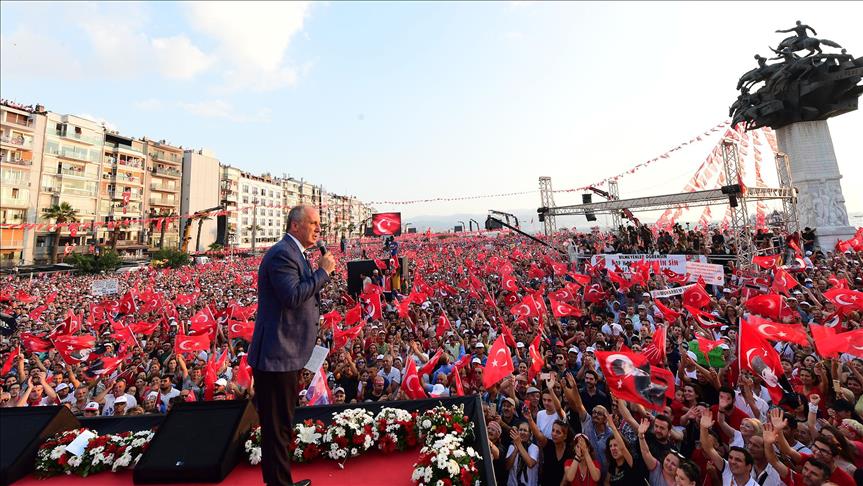
It is a risky approach: personality politics are Mr Erdoğan’s forte and have helped him win Turkey’s 11 previous national elections, but it is clear the president’s confidence has been rattled during this campaign.
The optics are encouraging for Mr İnce, but there is simply no way of knowing if he has done enough to persuade Turkey’s social conservative voters to pool their lot in with him.
Sunday will begin to settle that question, but it will not be the end of the story.
This piece was also published on BNE Intellinews.






